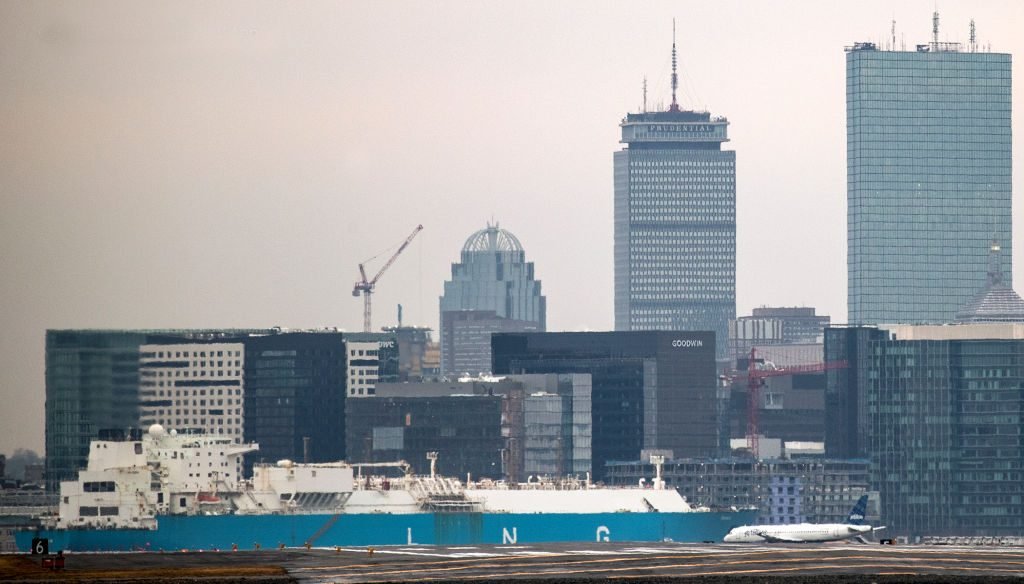Apostolos Thomadakis is Research Fellow and Head of the Financial Markets and Institutions Unit at the Centre for European Policy Studies (CEPS), and Head of Research at the European Capital Markets Institute (ECMI).
Europe’s choice to accept US tariffs while watering down parts of the Green Deal was not an act of ‘strategic patience’ but of strategic incoherence.
At the time, commentators suggested that Brussels had wisely avoided a damaging trade war and bought its industries valuable breathing space. Yet the Framework Agreement on ‘reciprocal, fair and balanced trade’ reveals where the truth lies.
On paper, the Agreement is pitched as a fair rebalancing of transatlantic trade. In practice, it exposes a familiar pattern: Europe making deeper concessions, Washington holding firm and the EU’s long-term competitiveness being traded away for short-term calm.
The deal allows the US to keep 15% tariffs on key European exports while Europe promises to eliminate tariffs on US industrial goods and expand preferential access for American agriculture and seafood. In parallel, Brussels commits to channel an additional $600 billion of investment into the US by 2028.
Rather than strengthening Europe’s industrial base, this risks accelerating reindustrialisation across the Atlantic – precisely as EU policymakers lament Europe’s lag in clean tech and digital capacity.
The most striking element is energy. The EU has pledged $750 billion worth of US LNG, oil and nuclear purchases through 2028, coupled with $40 billion in US AI chips. This locks Europe more deeply into fossil-based supply chains at a time when renewables are already delivering record generation. Doubling down on volatile, hurricane-prone LNG imports cannot credibly be called resilience. It is regression and makes Europe hostage to global fossil markets, even as it produces more clean power than ever.
Beyond tariffs and energy, the Agreement commits the EU to water down its flagship green and sustainability regulations. These aren’t mere bureaucratic technicalities, at stake is the integrity of the European Green Deal’s external components: the Deforestation Regulation (EUDR), the Corporate Sustainability Due Diligence Directive (CSDDD), the Carbon Border Adjustment Mechanism (CBAM) and the Corporate Sustainability Reporting Directive (CSRD). Weakening them undermines the EU’s credibility as a climate leader and hollows out its ambition to anchor competitiveness in the transition economy.
While for the Commission this may be interpreted as part of broader simplification and coherence efforts, the Agreement also opens the door to a more troubling scenario: the erosion of the legislative pieces that underpin the EU’s environmental and climate leadership, and its very capacity to deliver on Paris Agreement targets and Multilateral Environmental Agreements obligations.
We see the same flaw in Europe’s electricity market design. Just as power prices remain tied to volatile gas costs, Europe’s trade strategy remains tied to short-term fixes that entrench long-term vulnerability. Structural tariffs are accepted as permanent; fossil dependency is reinforced; sustainability regulation is weakened. The result is not balance but incoherence.
This extends beyond tariffs and energy. If Europe wants to become competitive in sustainable finance and a true global leader, it must reconsider its current divergence. Pursuing besopke standards like the European Sustainability Reporting Standards (ESRS) rather than aligning with globally recognised frameworks such as the International Sustainability Standards Board (ISSB) risks increasing costs, fragmenting markets and diluting Europe’s influence.
Even EU financial regulators have warned that deviations from the ISSB could undermine data quality and create an uneven playing field within Europe itself. Convergence would not only improve transparency and reduce burdens on companies but also strengthen the EU’s leverage in international negotiations. By insisting on bespoke frameworks while simultaneously diluting them under US pressure, Europe risks achieving the worst of both worlds.
The alternative is clear. Europe must use trade to reinforce, not dilute, its competitiveness strategy. That means building energy sovereignty on renewables and cross-border grids, not LNG contracts; making sustainability reporting a source of global influence by driving convergence with international standards, not fragmentation; and aligning trade, industrial and climate policy into a coherent long-term strategy that strengthens Europe’s negotiating hand rather than eroding it.
Europe is congratulating itself on avoiding a new tariff war. But avoiding conflict is not a strategy.
In a fractured world, fossil dependency and weakened sustainability rules cannot be the foundation of future competitiveness. Only a coherent alignment of climate, trade and industrial policy can. The Agreement should be a wake-up call: Europe cannot keep buying peace by selling out its future.





